In this excerpt, Esquina discusses her pride for the Congo tradition and its importance to the towns of Panama’s upper coast.
Archives
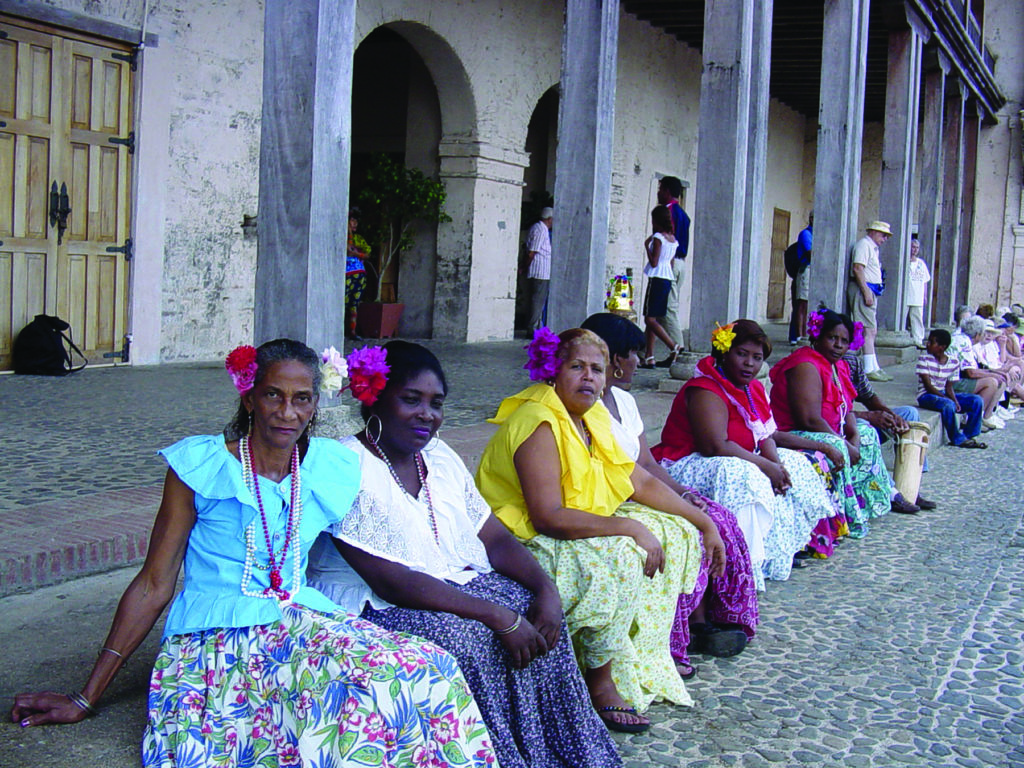

In this excerpt, Esquina discusses the changes she has seen in the Congo tradition over the course of her lifetime. Specifically, she talks about changes that she has witnessed in ways in which younger practitioners who perform the role of devil in other communities sometimes put razor blades in their whips, which violates the nature of the game.
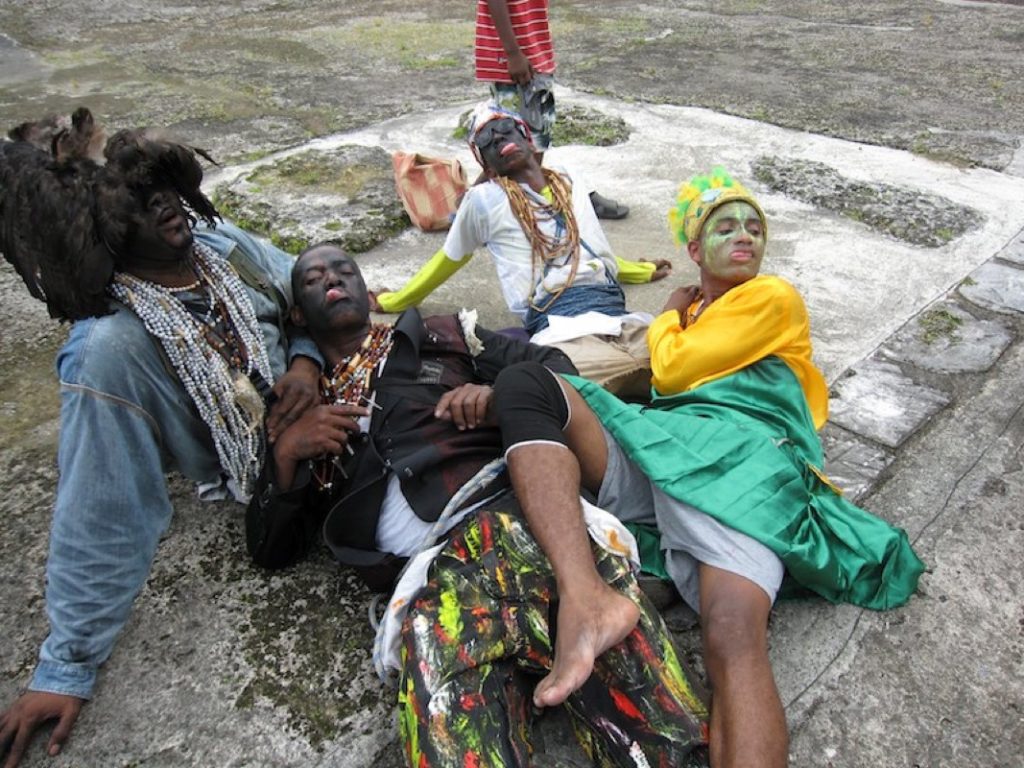
In this brief excerpt, Esquina describes the ways in which Congo season begins in Panama on the feast day of San Sebastian with the raising of the Congo flag.
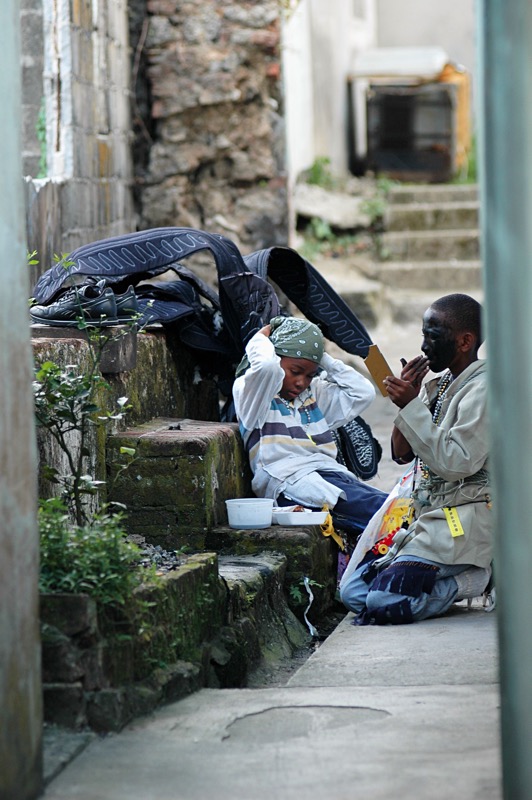
In this excerpt, Esquina discusses the changes she has seen in the Congo tradition over the course of her lifetime. Specifically, she talks about the rare existence of two palacios in 2003 and the shifting commitment of Congo practitioners who once participated in the tradition exclusively and without interruption during carnival season before the road was constructed in the early 1970s, which connected Portobelo and the rest of the Coasta Arriba to the broader Republic.
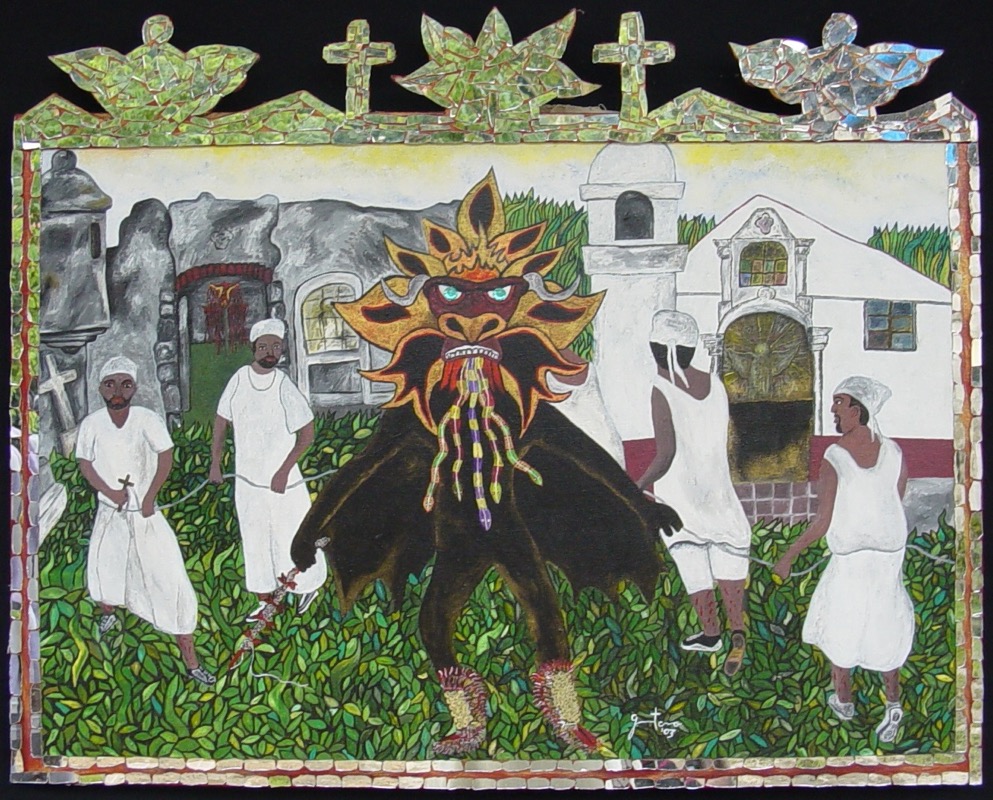
In this excerpt, Esquina discusses the changes she has seen in the Congo tradition over the course of her lifetime. Specifically, she talks about changes that she has witnessed in ways in which the devil character is played.
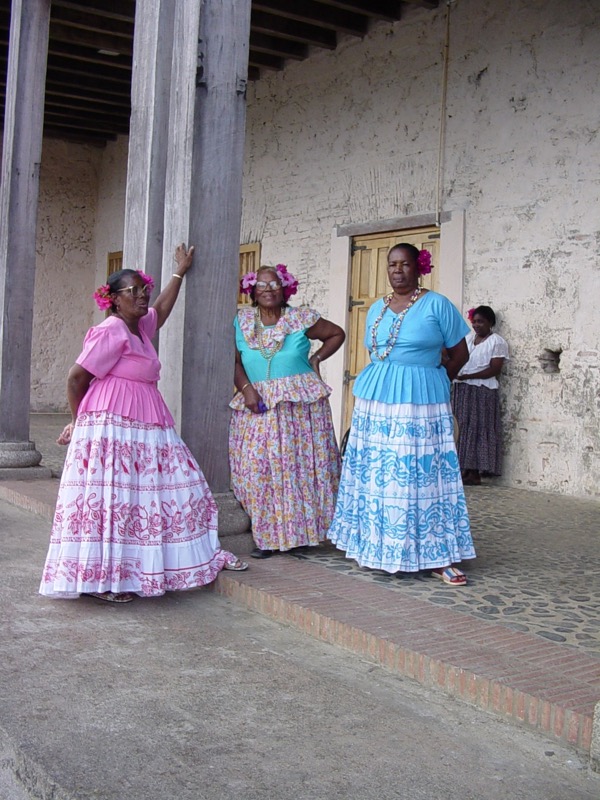
In this excerpt, Esquina discusses the changes she has seen in the Congo tradition over the course of her lifetime. Specifically, she talks about the role that a character named “Mama Guardia” once played.
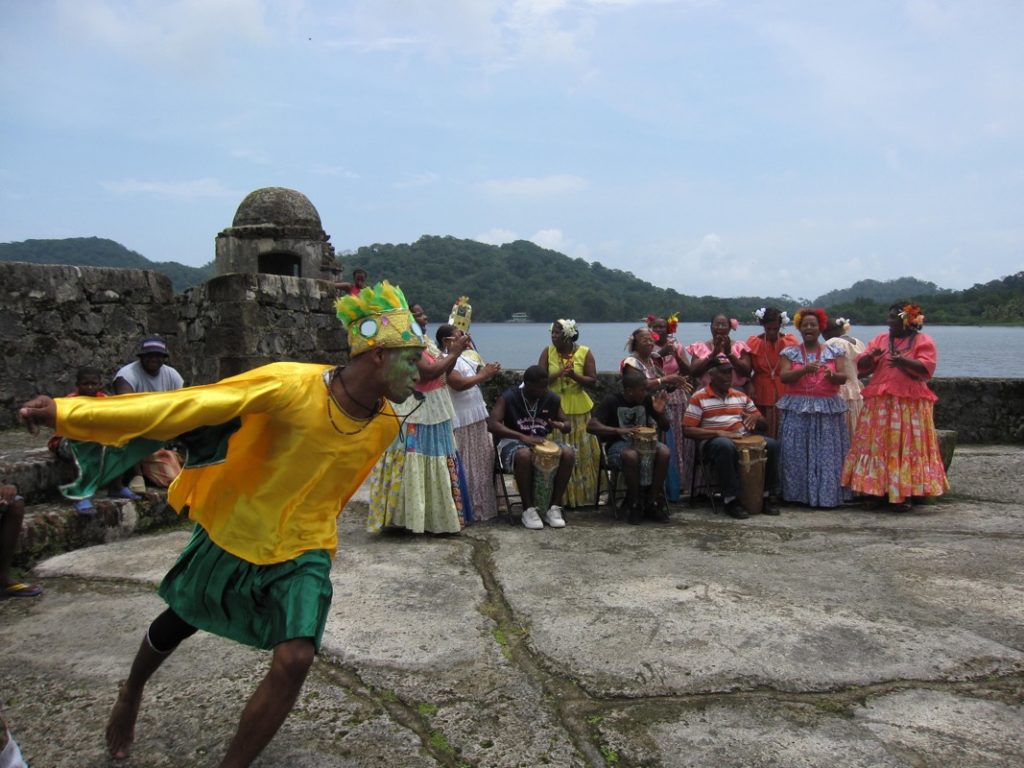
In this excerpt, Esquina discusses the changes she has seen in the Congo tradition over the course of her lifetime. Specifically, she talks about the role that Pajarito, the Little Bird, once played in the Congo game, and the ways in which the character and the game have shifted. The construction of the road signaled the end of the game as one between neighboring Congo Kingdoms who competed to capture each others’ palacio/palenque. The contemporary game is between the discrete Congo communities and the character of the devil.
